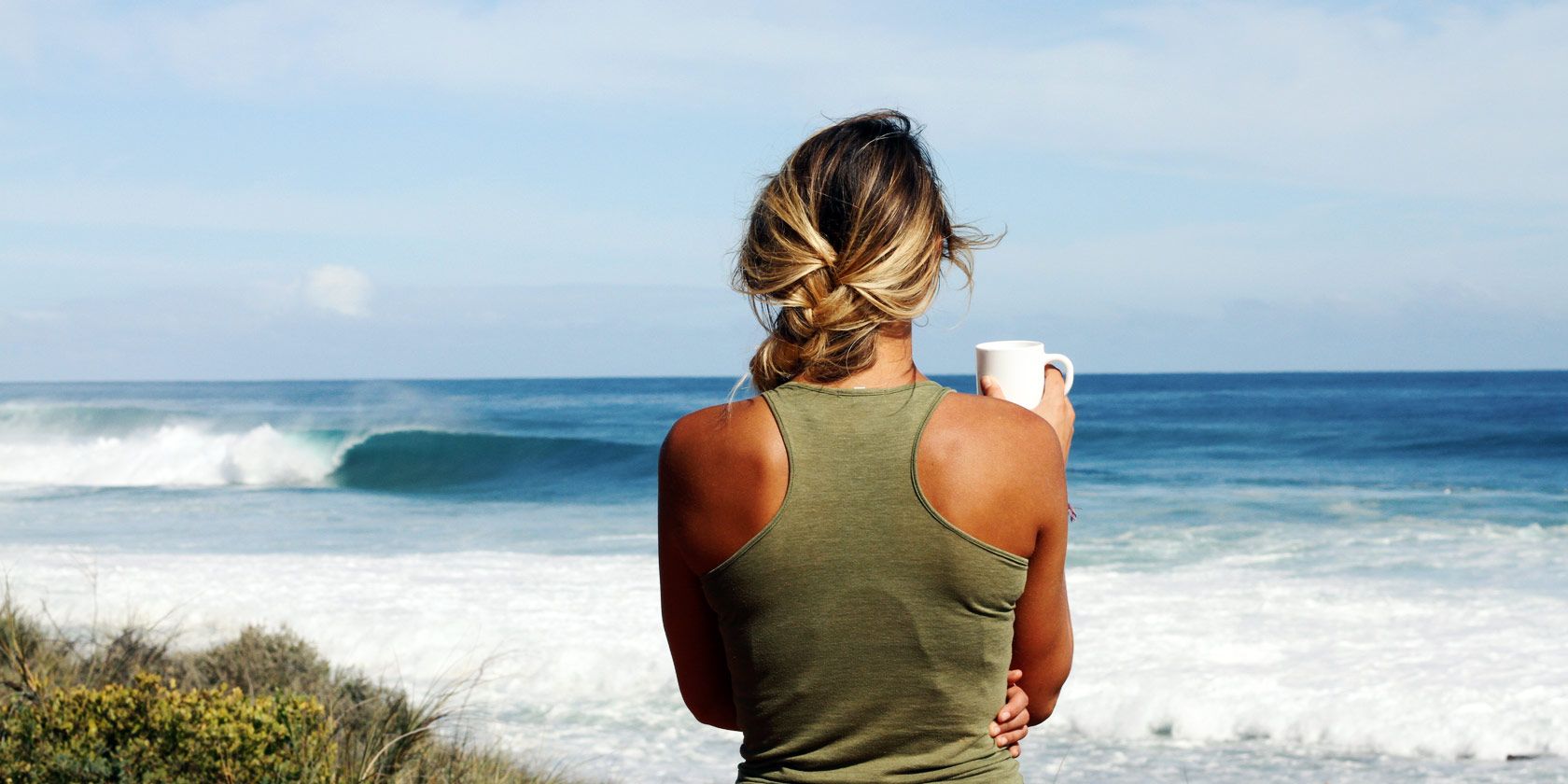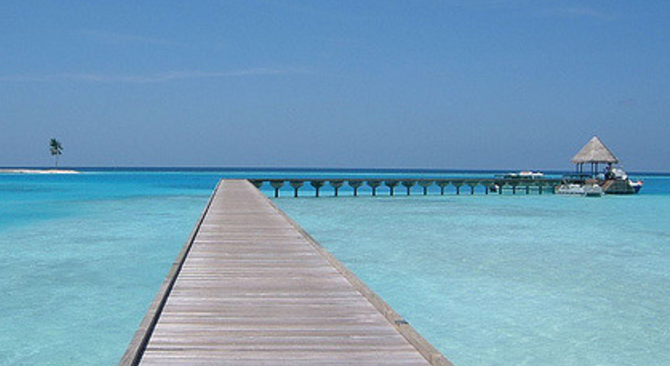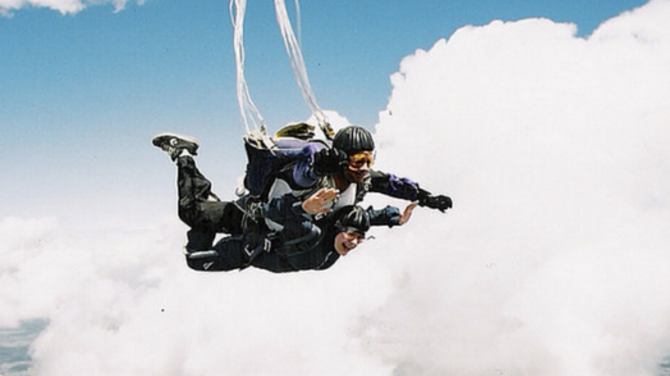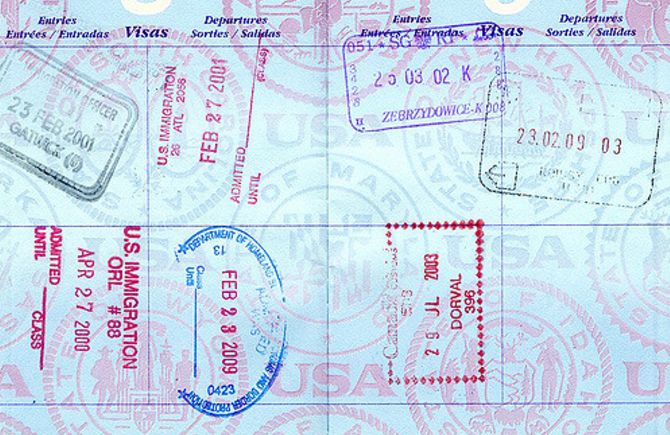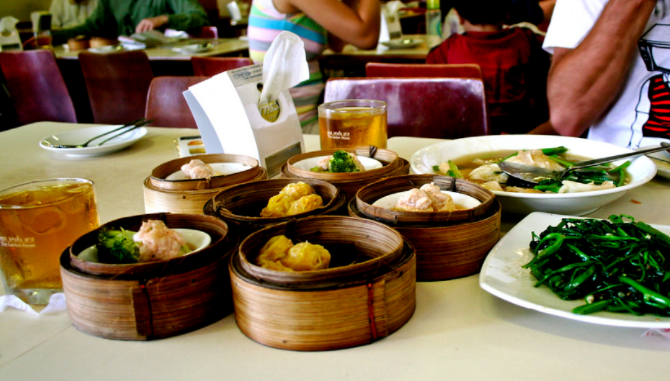Time Off's State of American Vacation Report 2016 says over half of Americans still had vacation time left unused in 2015. In total, that adds up to over 650 million days that could have been used for R&R, that weren't.
It's no wonder Americans are feeling overworked, under-rested, and increasingly stressed.
Maybe this year will be different, seeing more people take their fair share of vacation to rest up, recharge, and travel to some new places.
Be warned though: having no one else to travel with is no excuse to forego your vacation days. Solo travel is just as -- if not more -- conducive to R&R than you might think.
Why Solo Travel Is Great for Reducing Stress
If you need convincing of the hidden benefits of travel, including solo travel, it's tough to choose where to start.
When returning from vacation, you'll notice your stress-related symptoms reduce for weeks on end. This isn't just a matter of feeling less stressed. Many people often notice reduced physical stress-related complaints such as headaches and back pain, too.
A vacation also gives you the chance to recharge your batteries. That sense of at last having some time to yourself to let stress subside is something we all crave. And not just because if feels amazing. Taking time away from a stressful routine allows you to return to work with more vigor, and to develop fresh ideas to old problems.
This is helped by the improved sleep many people enjoy while on vacation. Research suggests that taking yourself out of that stress-inducing routine (by, say, going on vacation) helps to reset your body's natural sleep schedule. We all know how much difference a good night's sleep makes. And that benefit can last well beyond the length of your vacation.
The chance to push your comfort zone while on vacation is also an underappreciated benefit. Everything from the cultures you collide with to the activities you try, all push your comfort zone. There are always problems to solve, from figuring out a menu in a new language, to understanding public transport in a new city. This builds your sense of independence, and gives you confidence in your ability to adapt and solve different problems in any context. Including work.
The benefits continue. Travel helps you become more open minded. It reduces burnout. It lowers your risk of heart disease. In other words, it makes you healthier, happier, more creative, and more productive.
Yes, all this is also possible when traveling with a partner or family. But solo travel means you only have to please yourself. There's no pressure to entertain anyone else. If you want to spend an entire weekend drinking cocktails by the pool, so be it. It's unadulterated time just for you.
The more you do what you want, rather than what you think you should do, the more benefits you'll see when you get back home.
How to Have a Stress-Free Vacation
Not all vacations are equal. If a vacation is stressful, you'll only return to work even more exhausted. One study in the journal of Applied Research in Quality of Life found that vacations with moderate to high levels of stress showed no happiness gains from going away:
Stress involved with managing transportation, trying to deal with details while on the trip, unfamiliarity with the location, and lack of feeling safe all contributed to travelers feeling less happy and more stressed, and they had lower energy at work after the average vacation.
This is the last thing you want. To help keep your vacation stress-free and conducive to reducing anxiety, follow this advice.
Plan Ahead
Anticipate which parts of a vacation you'll find stressful, and eliminate these before you set off. This is possible even if you're booking a last-minute vacation:
- Find out exactly how to get from the airport to your accommodation.
- Work out a travel budget.
- Download an offline map of the area using Google Maps.
- Use Google Trips to remember interesting sights you want to see.
- Use Foursquare to find the best restaurants and coffee shops in the area.
- Make notes of some basic phrases of the local language.
- Book your insurance in advance.
The more you can prepare before your vacation starts, the more time you'll have to relax and recover from the stress you were escaping in the first place. Plus, you'll get the added benefit of anticipation before you set off.
Leave the Country
One Twitter study used geotagging data to discover that the further a user was from their home, the more their happiness increased.
In other words, the distance you put between yourself and your daily routine matters. Staycations are one thing, but a trip far from home has much more impact.
Screen-Free Time
While traveling alone, it's easy to open that Facebook app instead of admiring where you are. During evenings when you've not got much else to do, it's tempting to turn to Netflix.
Resist.
The never-ending stream of amusements that your gadgets promise tricks you into thinking you're still at home. They open the door for people to tell you their woes. And that dreaded email is only one click away.
Instead, use being on vacation as an excuse to turn off from all that, slow down, and focus on things far removed from what you're trying to recover from: stress and busyness.
Rest
With that in mind, don't try to squeeze too much into your vacation. Sure, go and see the sights, and visit a few museums. But you should also be building time into your vacation to simply relax and take time off completely.
Watch What You Eat (and Drink)
Restaurants in many cities cater to people looking to indulge. Occasionally, this is fine. But for every meal, not so much. Heavy, rich foods can quickly leave you feeling lethargic, unable to make the most of the rest of your time away. The same goes for too much alcohol.
Despite being on vacation then, try to stick to a balanced diet. Search out some recommended healthy restaurants on Google. If you have your own kitchen, make something nutritious and delicious for yourself.
If your aim is to feel less stressed when you return to work, you want to be feeling healthy, not like you need to go on an emergency detox.
What's Stopping You?
If you've got some remaining vacation days, what's stopping you from making the most of them?
The benefits of traveling, even on your own (provided you do some advanced planning), make a compelling argument for exhausting your vacation allowance.
Returning to work with more energy, clarity, and ideas. The chance to see some new places, cultures, and people. Collecting some new experiences. Coming back even more productive.
What's not to love?
How many vacation days have you left unused during the last few years? Will you be making the same mistake this year?

